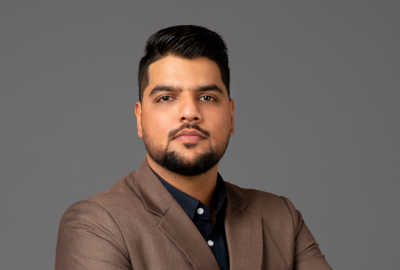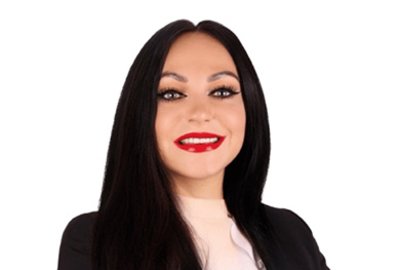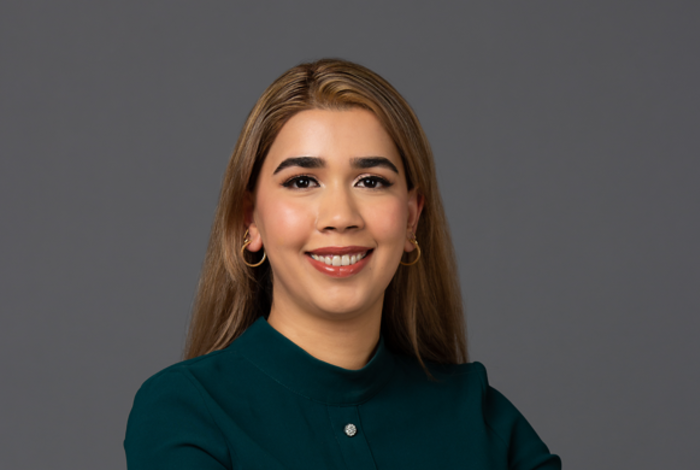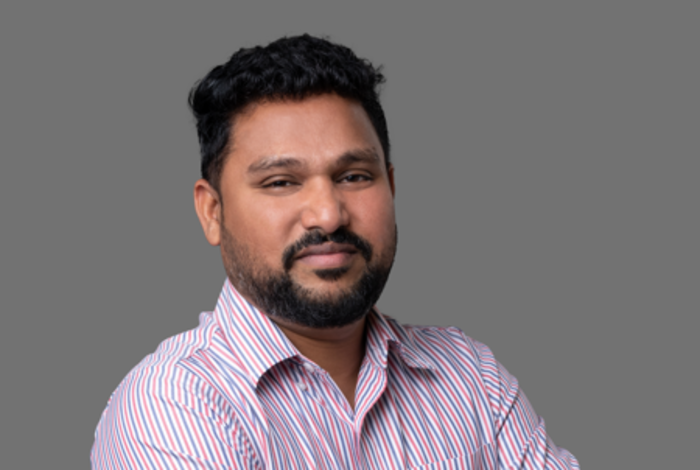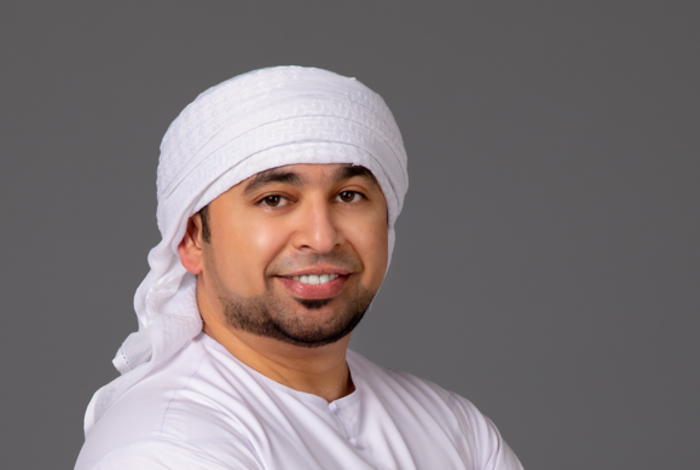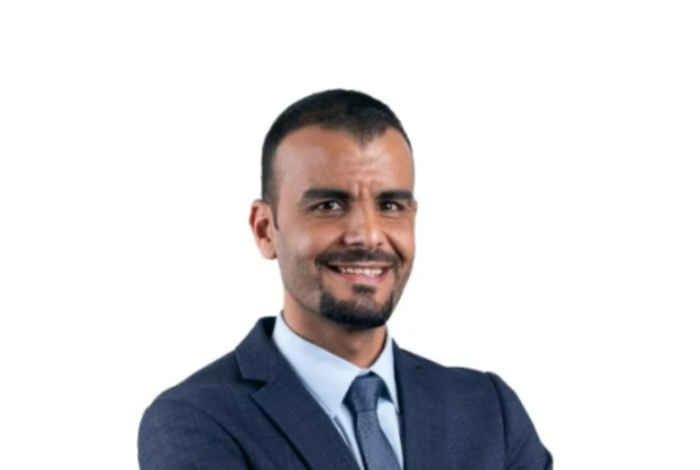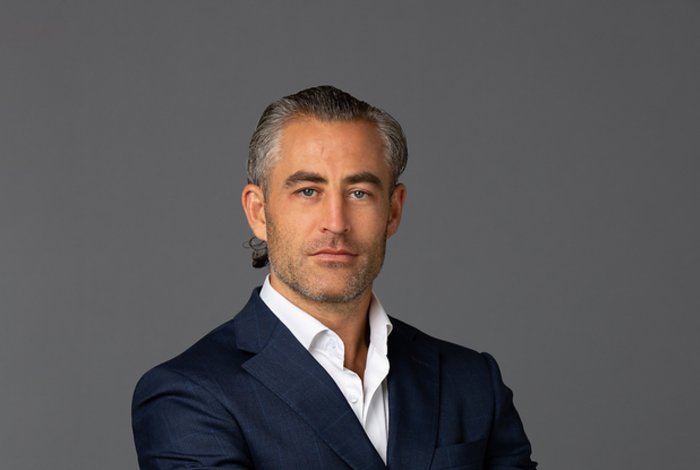The Evolution of Private Education and its Importance to Abu Dhabi and the UAE
One of the most crucial resources in any economy is the people that drive it. Through education, training and skills development, the UAE will advance and continue to attract a highly skilled and industrious workforce to increase its economic output and reduce its reliance on oil as part of its overall vision for diversifying the countries economic landscape.
Education and “developing a highly skilled, highly productive workforce” is one of the seven economic priorities identified in the Abu Dhabi Economic Vision 2030, while the Dubai 2020 vision motto is ‘Connecting Minds, Creating the Future”.
The UAE founding fathers’ recognized the significance of investing in education and enabling entrepreneurship. Forty years ago there were few schools and no universities; now there are more than 1,200 schools and over 70 universities.
In Abu Dhabi alone to meet the education requirements of the growing population, 60,000 private school places will need to be added in the next five years accordingly to the Abu Dhabi Education Council (ADEC)
According to the 2014/2015 statistics in the Emirate of Abu Dhabi there are 188 Private Schools and 257 Public Schools teaching 224,143 and 128,022 students respectively. The Private Schools cater for more than 62% of total student population in the Emirate. Emirati students account for 24% of total population in private schools while expatriates account for the remaining 76%.
While public education is fully funded by the government and is provided for free to all UAE citizens, there is growing trend among many UAE citizens to enrol their children in international curriculum private schools within the Emirate.
Private Schools in the Emirate offer 14 different curricula with the main curricula’s; UAE Ministry of Education (MoE), British, American, International Baccalaureate (IB) and Indian. All schools curricula offer three core subjects from Grade 1 to Grade 10 – Islamic Education (compulsory for all Muslim students), Arabic Language (Compulsory for all) and Social Studies (Compulsory for all).
To meet the UAE’s National Agenda goals in 2021, the UAE has an aspiring plan and recently put forward two main objectives regarding the UAE’s ranking in international assessments:
The UAE will be among the 15 highest performing countries in Timss (Trends in International Mathematics and Science Study).
The UAE will be among the 20 highest performing countries in Pisa (Programme for International Student Assessment).
Meeting these rankings by 2021 is an ambitious goal for UAE schools but shows again the vision and conviction of the nation’s leaders in striving to better its people and economy.
Education is not only critical to the UAE’s development it is also highly lucrative.
According to ADEC; Private schools in the Emirate of Abu Dhabi earn Dh3 billion in income.
Investments in private schools in the past four years rose to Dh2.439 billion, adding an extra 44 schools.
In the past three years, 34 private schools were established with an additional 42,264 school seats to meet increasing demand.
Licencing a New School in Abu Dhabi
All investors/education providers who are interested in starting up a private school should speak with the Promotion & Business Development Division with in ADEC. They will be-able to provide a brief overview on the requirements of licensing and establishing a new school, market status based on supply and demand, business models and licensing procedures.
Before getting started a few key points you need to consider. As per the “Organising Regulations of Private Schools in the Emirate of Abu Dhabi Annexed to the Chairman of the Executive Council Resolution No. (26) of 2013”;
Article (7)
If the applicant for a private school licence takes the form of a company the following conditions shall be met:
The percentage of contribution by National to the share capital shall not be less than 51%
Registered with one of the competent government entities
Having sufficient financial ability to meet all financial requirements set forth in the Council policies and regulations
Appoint a person to be its representative provided that this person meets the conditions set forth in clause below.
If the applicant for a private school license is a natural person, the following conditions shall be met:
Be a National of the State of one of the citizens of Arab Countries of the Gulf Cooperation Council of The Arabian Gulf pursuant to the Cabinet Resolution No. (60 of 2004 amended by Resolution No. (26) of 2005.
Not to be less than the age of 25 years
Enjoy full legal capacity
Not to have been sentenced by a custodial penalty in a felony or a misdemeanour involving moral turpitude or dishonestly unless the said person has been rehabilitated pursuant to the law
Have sufficient financial ability to meet all financial requirements set forth in the Council policies and regulations.
Another Interesting fact:
The Headmasters Authority Article (28)
The Headmaster or assistant Headmaster shall not be the school owner or one of its owners, directly, indirectly, or dummy. The Headmaster or assistance Headmaster shall not be a first or second-degree relative to the school owner or one of its owners.
For more details follow the attached link: https://osl.adec.ac.ae/en/Applicant/Pages/Default.aspx
As well as the potential for investors/private education bodies to expand and invest within the Abu Dhabi Emirate there is also a lot of growth and opportunities for training providers and auxiliary service providers and products associated within the Educational Sector.
To find out more of these opportunities and requirements visit www.propartnergroup.com or drop us an email at info@propartnergroup.com.





